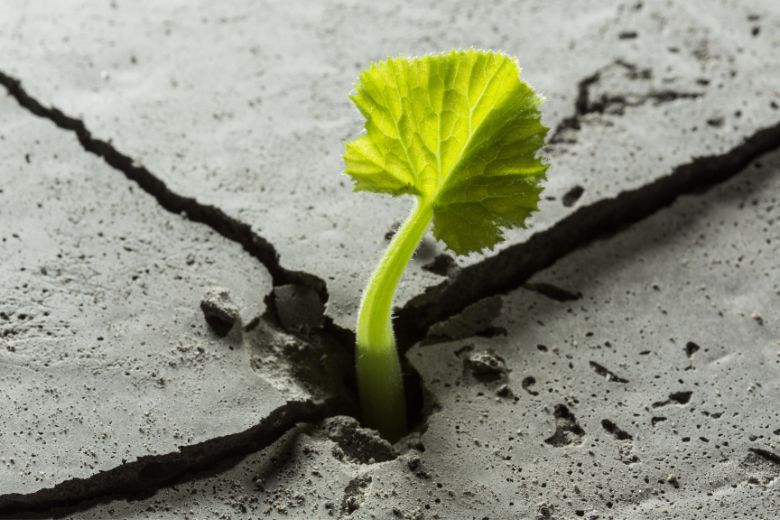Table of Contents
Cultivating Resilience: Building Mental Strength in Challenging Times
Learn how to develop mental resilience and inner strength with expert tips for navigating challenging times. Explore strategies, FAQs, and insights to enhance your well-being and thrive amidst difficulties.
Introduction:
In the face of life’s adversities, developing mental resilience is key to maintaining emotional well-being and thriving. Cultivating resilience involves building inner strength and the ability to bounce back from challenging situations. In this comprehensive guide, we delve into effective strategies and insights to help you build and nurture your mental strength during challenging times. Discover practical ways to overcome obstacles, maintain a positive outlook, and embrace life’s uncertainties with confidence.
Cultivating Resilience: Building Mental Strength in Challenging Times
Life’s challenges can sometimes feel overwhelming, but they also present opportunities for growth and self-discovery. Cultivating resilience is about equipping yourself with the tools to navigate difficult situations and emerge stronger than before. Here, we explore the art of building mental strength and how it can positively impact your life.
The Power of Mindset: Shaping Your Resilience
Your mindset plays a pivotal role in cultivating resilience. Adopting a growth mindset, where challenges are seen as opportunities for learning, can significantly impact your ability to bounce back. Embrace challenges with optimism and curiosity, and you’ll find that setbacks become stepping stones toward personal development.
Practicing Self-Compassion: Nurturing Inner Strength
Self-compassion is an essential component of building mental strength. Treat yourself with the same kindness and understanding that you would offer to a friend facing difficulties. Self-compassion enables you to approach challenges with a sense of emotional balance, reducing the negative impact of stress and fostering resilience.
Effective Stress Management: The Resilience Connection
Stress is an inevitable part of life, but how you manage it can greatly influence your resilience. Learn practical stress management techniques such as mindfulness meditation, deep breathing exercises, and progressive muscle relaxation. By incorporating these practices into your routine, you can enhance your ability to cope with challenging situations.
Building a Supportive Network: Strengthening Resilience Together
Human connection is a powerful source of resilience. Surround yourself with a supportive network of friends, family, and mentors who uplift and encourage you. Sharing your challenges and seeking guidance from others can provide fresh perspectives and emotional support, contributing to your overall mental strength.
Embracing Change and Uncertainty: Fostering Adaptability
Life is constantly changing, and cultivating resilience involves embracing the unknown. Develop adaptability by acknowledging that change is a natural part of life. Practice flexibility in your thoughts and actions, and you’ll find that you’re better equipped to navigate unexpected challenges.
Setting Realistic Goals: A Pathway to Resilience
Setting achievable goals, both short-term and long-term, can instill a sense of purpose and direction. Break down larger goals into manageable steps, and celebrate your achievements along the way. The process of working toward your aspirations builds resilience by teaching you to persevere and remain focused, even when faced with obstacles.
Learning from Adversity: Turning Setbacks into Strength
Every setback holds a valuable lesson. Cultivate resilience by reframing failures as opportunities for growth. Reflect on the lessons learned from challenging experiences, and use them to build your emotional and mental strength. By harnessing the wisdom gained from adversity, you can approach future challenges with greater wisdom and resilience.
FAQs – Answering Your Resilience Questions
Q: How can I develop resilience in the face of constant stress? A: Developing resilience involves practicing self-care, seeking support, and adopting a positive mindset. Engaging in stress-relief activities, connecting with loved ones, and reframing challenges as opportunities can help you navigate constant stress with greater ease.
Q: What role does self-compassion play in building resilience? A: Self-compassion is integral to resilience. Treating yourself with kindness and understanding enhances your emotional well-being, making it easier to cope with challenges. Self-compassion fosters a sense of inner strength and provides a buffer against the negative effects of stress.
Q: Can resilience be learned, or is it a natural trait? A: Resilience can be cultivated and developed over time. While some individuals may have a natural disposition toward resilience, everyone has the capacity to enhance their mental strength through practice, mindset shifts, and adopting healthy coping strategies.
Q: How does embracing change contribute to resilience? A: Embracing change fosters adaptability, a key aspect of resilience. When you’re open to change and uncertainty, you become better equipped to handle unexpected challenges. Embracing change allows you to develop problem-solving skills and navigate transitions with greater ease.
Q: What role does gratitude play in building mental strength? A: Practicing gratitude enhances mental strength by shifting your focus toward the positive aspects of life. Cultivating gratitude can improve your overall outlook, increase your resilience, and help you maintain a sense of balance during challenging times.
Q: How can I bounce back from a major life setback? A: Bouncing back from a major setback involves acknowledging your emotions, seeking support, and focusing on your strengths. Allow yourself to grieve and process your feelings, then gradually work toward building a new sense of purpose and direction. Surrounding yourself with a supportive network can aid in your recovery.
Conclusion: Thriving Through Resilience
Cultivating resilience is a journey that empowers you to navigate life’s challenges with courage and grace. By adopting a growth mindset, practicing self-compassion, managing stress effectively, and embracing change, you can build a solid foundation of mental strength. Remember, setbacks are opportunities for growth, and every challenge you overcome adds to your resilience toolkit. As you continue to nurture your mental strength, you’ll find yourself not only surviving but thriving in even the most challenging of times.
Creating a Digital Wellness Plan: Finding Balance Online

